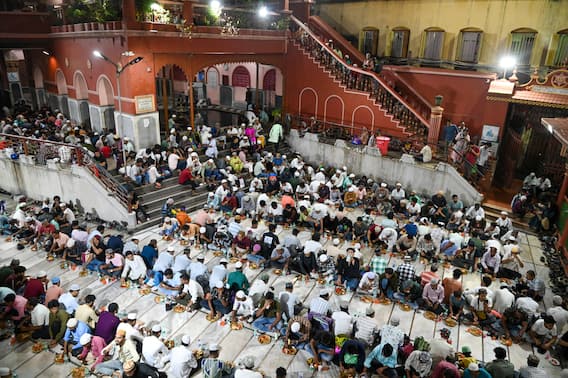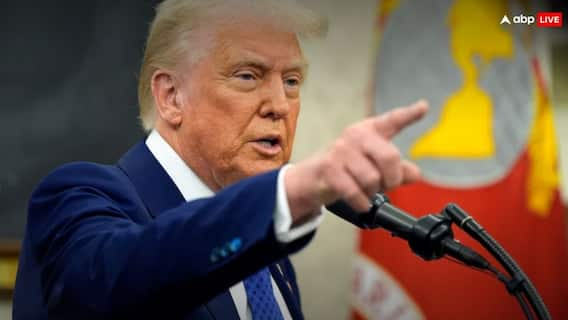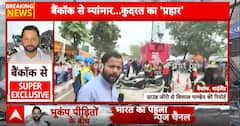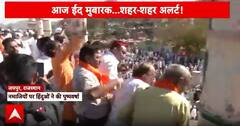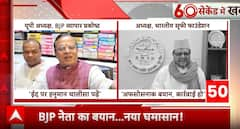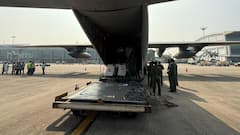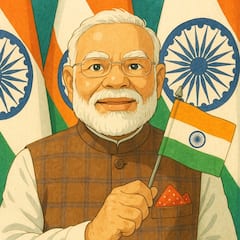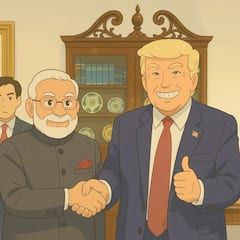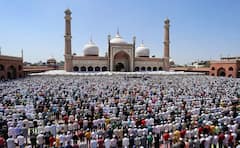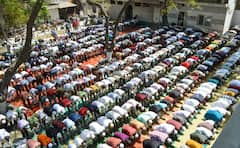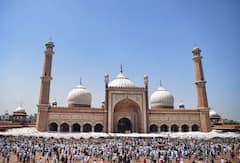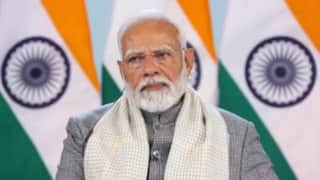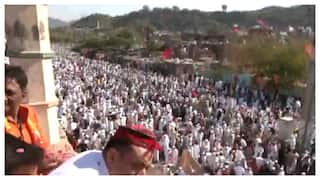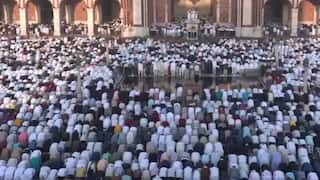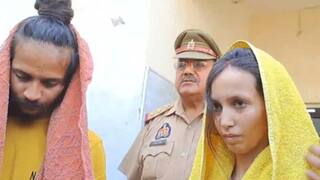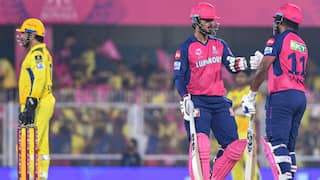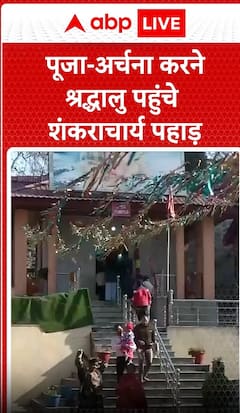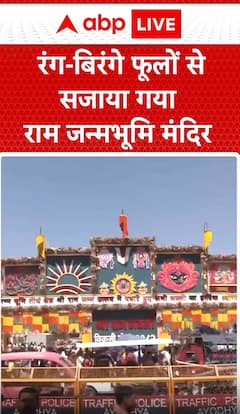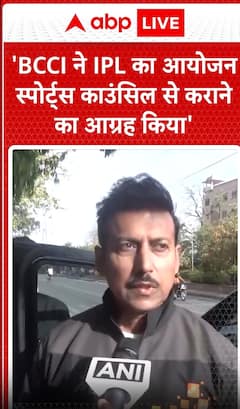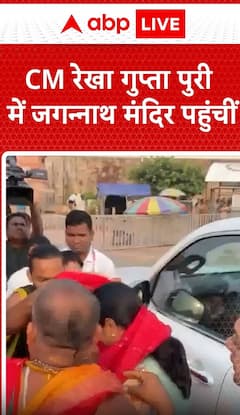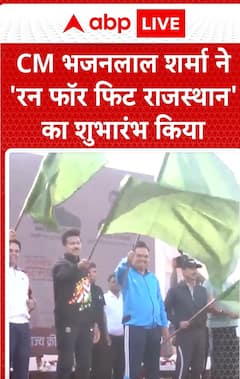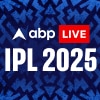SC Likely To Hear Pleas Challenging Validity Of 1991 Law On Religious Places On Monday
A bench of Chief Justice DY Chandrachud and Justice PS Narasimha has listed up to six petitions against the law, including those filed by former Rajya Sabha MP Subramanian Swamy.

A number of Public interest Litigations (PIL) challenging the validity of certain provisions of a 1991 law that forbid the filing of lawsuits to reclaim a place of worship or seek a change in its character from what prevailed on August 15, 1947, are set to be heard by the Supreme Court on Monday.
Up to six petitions against the law have been listed by a bench consisting of Chief Justice DY Chandrachud and Justice PS Narasimha, including those submitted by former Rajya Sabha MP Subramanian Swamy, news agency PTI reported.
On November 14, last year, Solicitor General Tushar Mehta, appearing for the Centre, stated that the Union government will file a comprehensive affidavit dealing with various aspects of the case and requested more time to ensure that the affidavit is filed after due deliberation at various levels of government.
"On the request so made, we direct that the counter affidavit be filed on or before 12 December 2022. A copy of the counter-affidavit will be distributed to counsel for the petitioners and intervenors in all companion cases. On the penultimate date of hearing, the bench ruled that the Petitions be listed for hearing on January 9, 2023, PTI reported.
The Supreme Court was hearing the petitions, including one filed by advocate Ashwini Upadhyay, who requested that sections 2, 3, and 4 of the Places of Worship (Special Provisions) Act, 1991 be struck down on the grounds that they deny any person or religious group the right to seek judicial redress to reclaim a place of worship.
On September 9, the Supreme Court decided that petitions challenging the constitutionality of certain articles of the 1991 statute could be submitted to a five-judge Constitution bench for determination and invited the Centre to file a reply.
While BJP leader and former Rajya Sabha MP Subramanian Swamy asked the Supreme Court to "read down" some parts to allow Hindus to make claims over mosques in Varanasi and Mathura, Upadhyay stated the entire act was unconstitutional and thus no reading down is possible.
The idea of reading down a law is commonly employed to keep a statute from being declared unconstitutional.
Jamiat Ulama-i-Hind, represented by counsel Ejaz Maqbool, had pointed to the five-judge Constitution bench decision in the Ram Janmabhoomi-Babri Masjid title issue, claiming that the 1991 statute referred to them and could not be overturned now.
On March 12, last year, the Supreme Court requested the Centre's answer to Upadhyay's petition challenging the legality of certain portions of the statute that maintain the status quo on the ownership and character of sacred places as it existed on August 15, 1947.
The petition stated that the 1991 statute provides an "arbitrary and irrational retrospective cut-off date" of August 15, 1947, for protecting the character of the places of worship or pilgrimage against encroachment done by "fundamentalist-barbaric invaders and law-breakers".
The 1991 provision is an Act to prevent the conversion of any place of worship and to provide for the preservation of any place of worship's religious character as it existed on August 15, 1947, and for things associated with or incidental thereto.
The law had only made one exception: the dispute over the Ram Janmabhoomi-Babri Masjid in Ayodhya.
(With Inputs From PTI)
Trending News
Top Headlines







